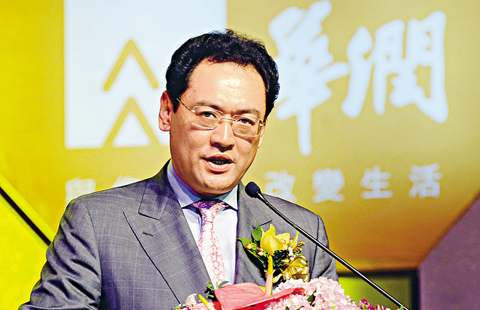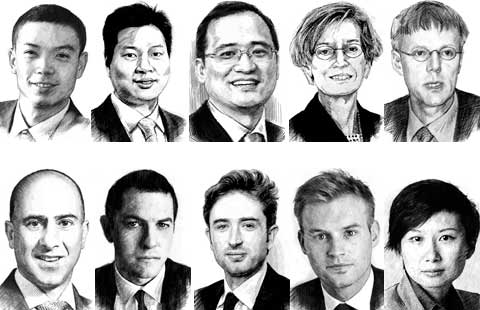Chizhou deal expected to open the PPP floodgates
By Zheng Yangpeng (China Daily) Updated: 2014-12-31 08:17The PPP model has been touted by the central government throughout the year, and various initiatives (including the 30 "exemplary projects") have been announced to encourage the new financing model.
Liu Zhi, a professor with Peking University and a former World Bank official, said, however, that PPP is hardly a new concept in China, having first been introduced as early as the 1990s and used since then, albeit sporadically.
Experts said that when the central government's 4 trillion yuan stimulus package of additional fiscal spending was launched in 2008-09, there were few opportunities for PPP-type projects.
That process did, however, increase borrowing by local government financing vehicles to unprecedented levels, mainly to finance infrastructure construction.
Amid the credit binge, local governments had little trouble in either raising money or cooperating with non-public entities.
The result today is a credit hangover for local governments right across the country, with many now grappling with gigantic debt.
Last June, total local government debt was estimated to have swollen to 17.9 trillion yuan.
The infrastructure spending soaked up credit-but too many projects proved to be unproductive.
The cash flow generated by them often just covered a tiny proportion of the debt, and to ensure repayments were made, the LGFVs relied heavily on frequent renegotiations of financial terms.
A recent report by Industrial Securities Co Ltd estimated that interest payments made this year on local government debt (not including the principal) accounted for 53 percent of total social spending. Local governments, it said, have accumulated assets larger than any other countries.
The central government has realized the situation cannot be allowed to continue.
The State Council said on Oct 2 that LGFVs cannot now raise funds for local authorities, and that the government no longer has an obligation to repay debt that was not raised to fund public projects.
PPP is being seen as the government's most-favored option for alleviating the debt mountain, along with the limited release of control over its public assets.
And companies such as SWG are ready to step into the breach.
Zheng Qingzhang said even before his company sealed the deal with Chizhou, several cities in Anhui province had approached him for potential deals.
In Chizhou's case, the government promised to pay for the company's services at a fixed price offering in return for a guarantee that the project would receive stable, predictable revenue.
- Xiaomi may add water purifier to lineup
- Three Gorges power output doubles capital city's need
- Civil aviation body gives safety approval to ARJ21
- China stresses quality of reform for next year
- Top10 trends in China’s realty sector in 2014
- Curbs on banks' yuan trading to be relaxed
- Tycoons bathe in wealth amid global turmoil
- Two railway giants announce merger
















